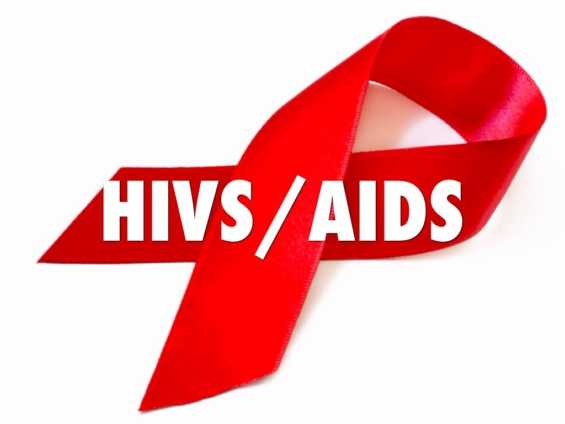Every day in Ghana, 50 people contract HIV, while 34 succumb to AIDS-related causes, according to the Ghana AIDS Commission (GAC).
Dr. Kyeremeh Atuahene, the Director-General of GAC, emphasized that these new infections and deaths could be prevented if individuals living with HIV (PLHIV) were diagnosed and adhered to treatment.
Dr. Atuahene made this statement at a durbar commemorating the 2024 World AIDS Day celebration in Accra. The global theme for this year’s event is “Take the Right Path,” while Ghana’s local theme is “Ending AIDS Together: Stepping Up HIV Prevention Efforts.”
World AIDS Day is celebrated annually to reflect on the impact of HIV on millions of lives worldwide. It also serves as an opportunity to assess progress in managing the epidemic, acknowledge successes, identify barriers to service delivery, and renew the commitment to ending AIDS by 2030.
Dr. Atuahene highlighted the significant cost to Ghana due to undiagnosed or untreated PLHIV, noting that productivity loss due to HIV-related ill-health averages about five days per month. “This loss to Ghana’s economy is better appreciated when we aggregate the average productivity lost to HIV-related illnesses with the estimated 183,000 people living with HIV and are not on ART,” he explained.
He stressed the importance of viewing HIV prevention, treatment, and care services as an investment for the nation’s economic growth and sustainable development.
Ms. Elsie Ayeh, the President of Nap+ Ghana, stressed the need for collective efforts to end AIDS, urging everyone to strengthen advocacy. “Let us have the conviction that ending AIDS is possible,” she added.
Read Also:
Cholera outbreak kills 5 in Sekondi-Takoradi; Health officials act to contain spread
Mr. Hector Sucilla Perez, UNAIDS Country Director, reported that 1.3 million people worldwide acquired HIV last year, far exceeding the global target of 370,000 new infections by 2025. Despite advances in treatment, 9.3 million people living with HIV still lack access to life-saving antiretroviral treatment (ART) and continue to face barriers such as stigma, discrimination, and punitive laws.
Perez called for the protection of human rights for all, emphasizing that ending AIDS requires removing barriers to care and fostering inclusive community-led responses. He also highlighted the importance of investing in girls’ education as a critical component of HIV prevention.
The event was attended by representatives from the World Health Organization, the US Embassy, traditional leaders, and the Trade Union Congress. It featured an exhibition, community engagement, distribution of HIV materials and condoms, medical screenings, HIV testing, and blood pressure screenings.
Source: GNA

















